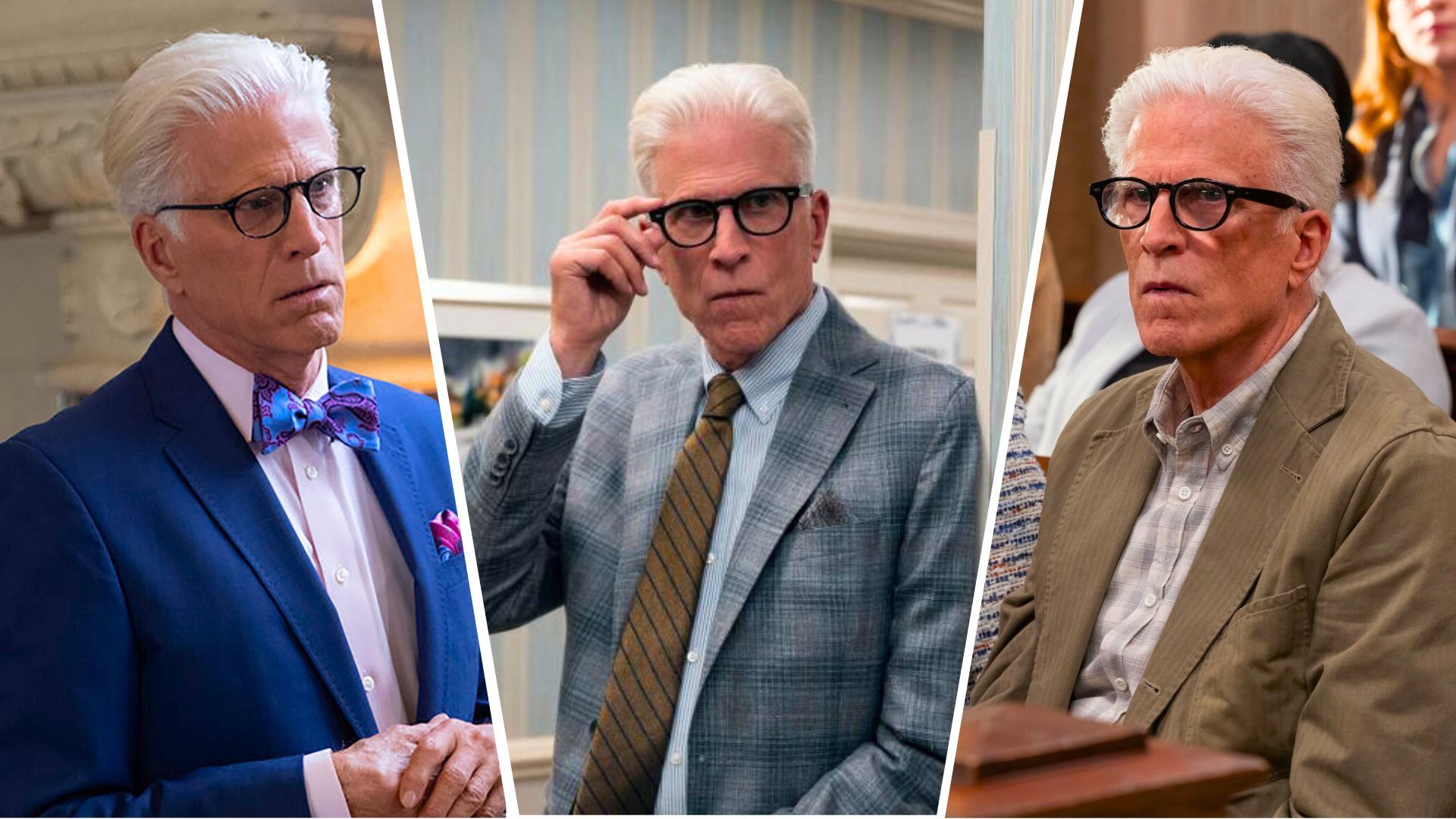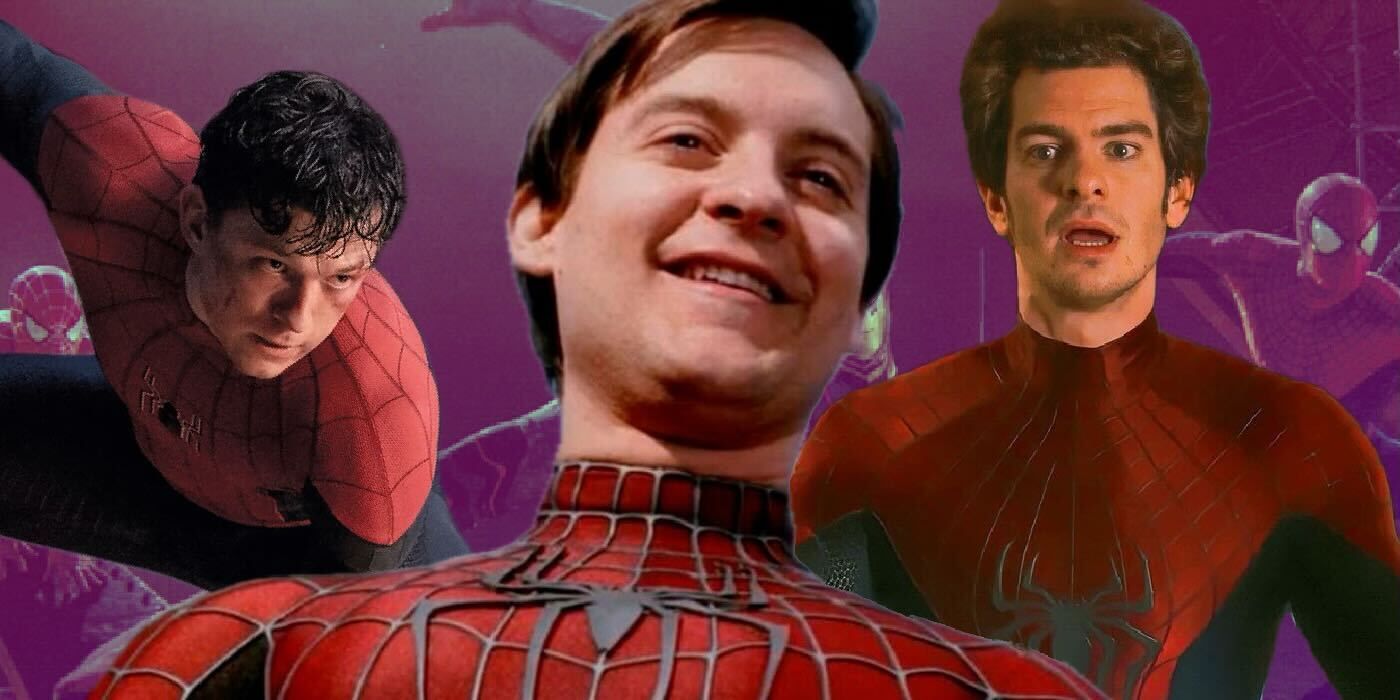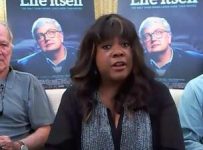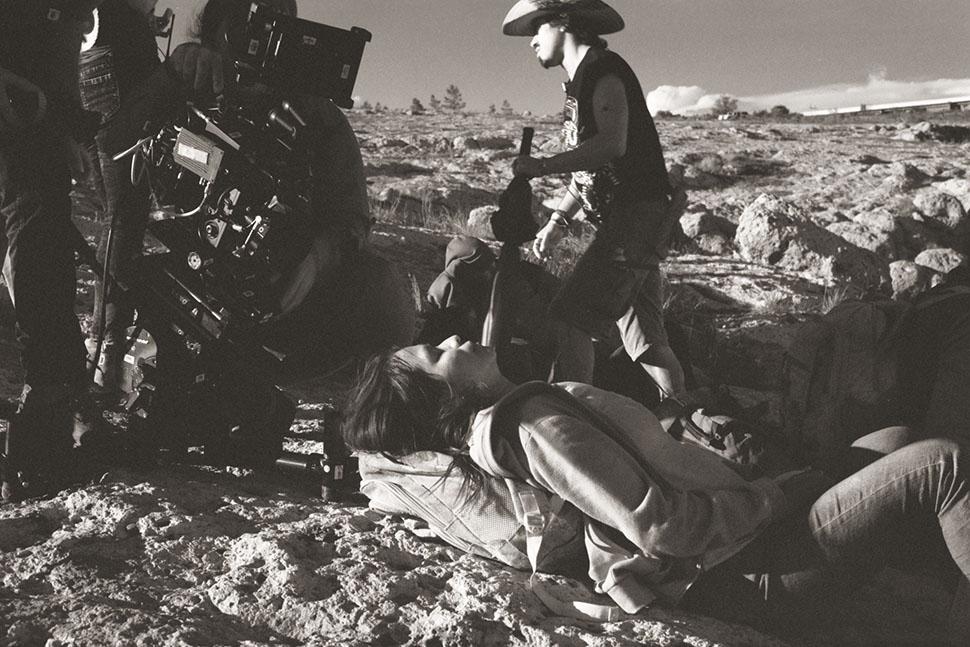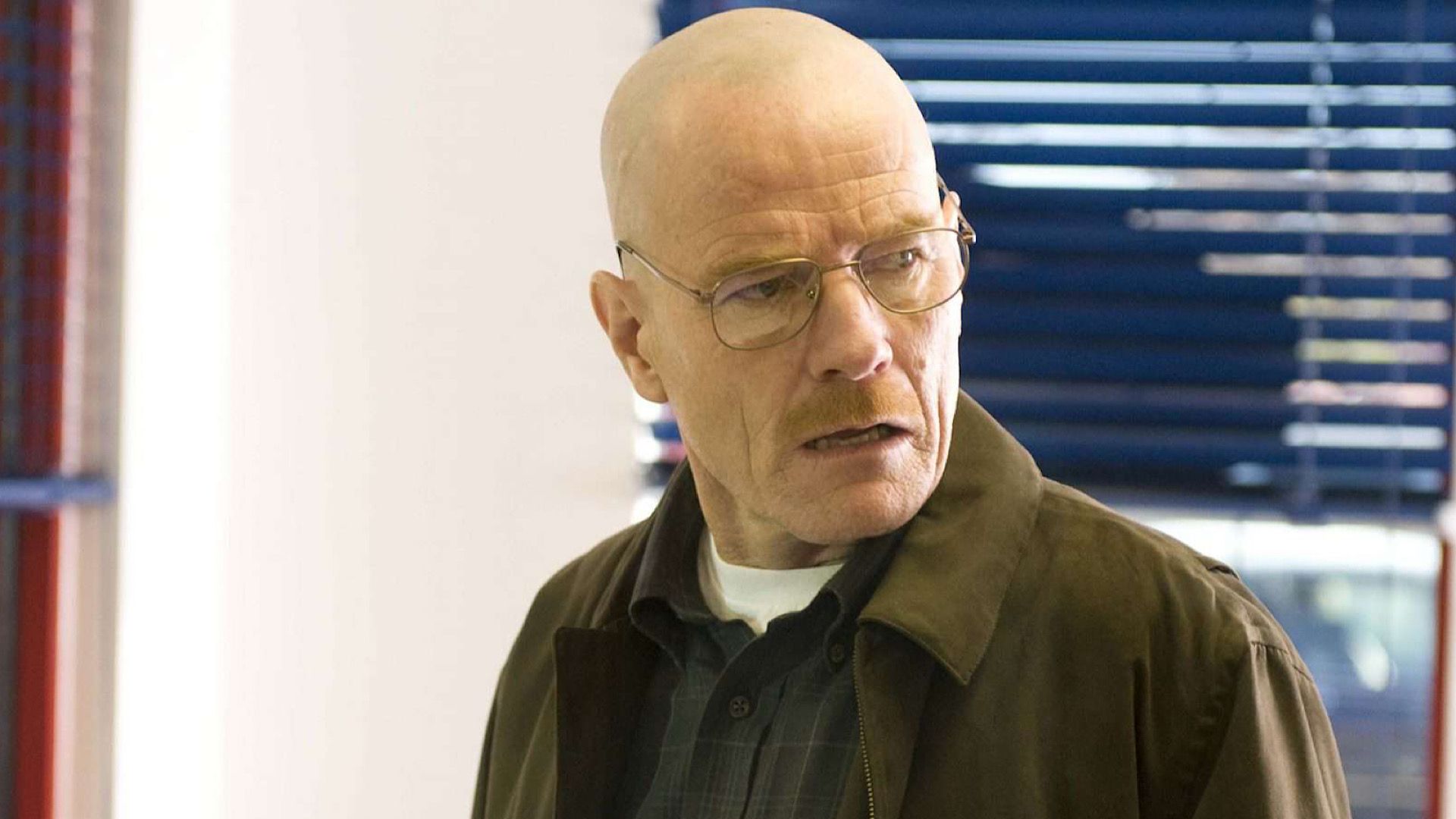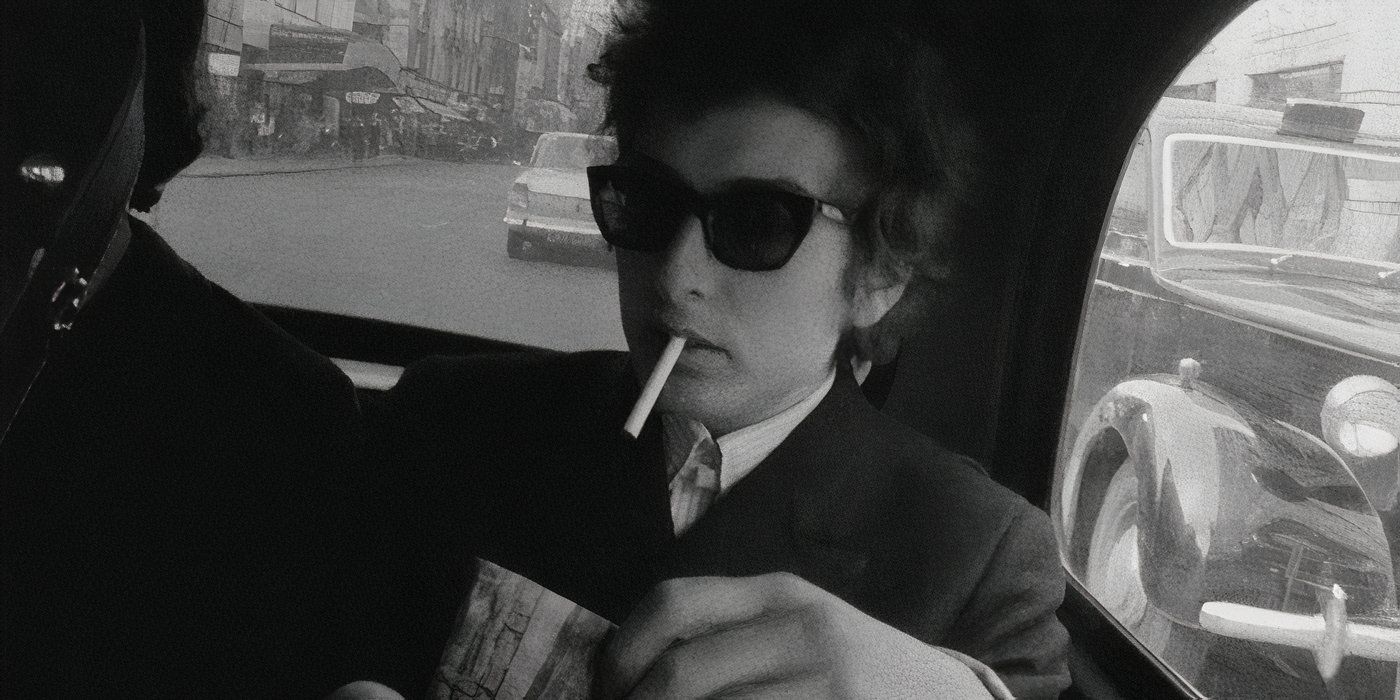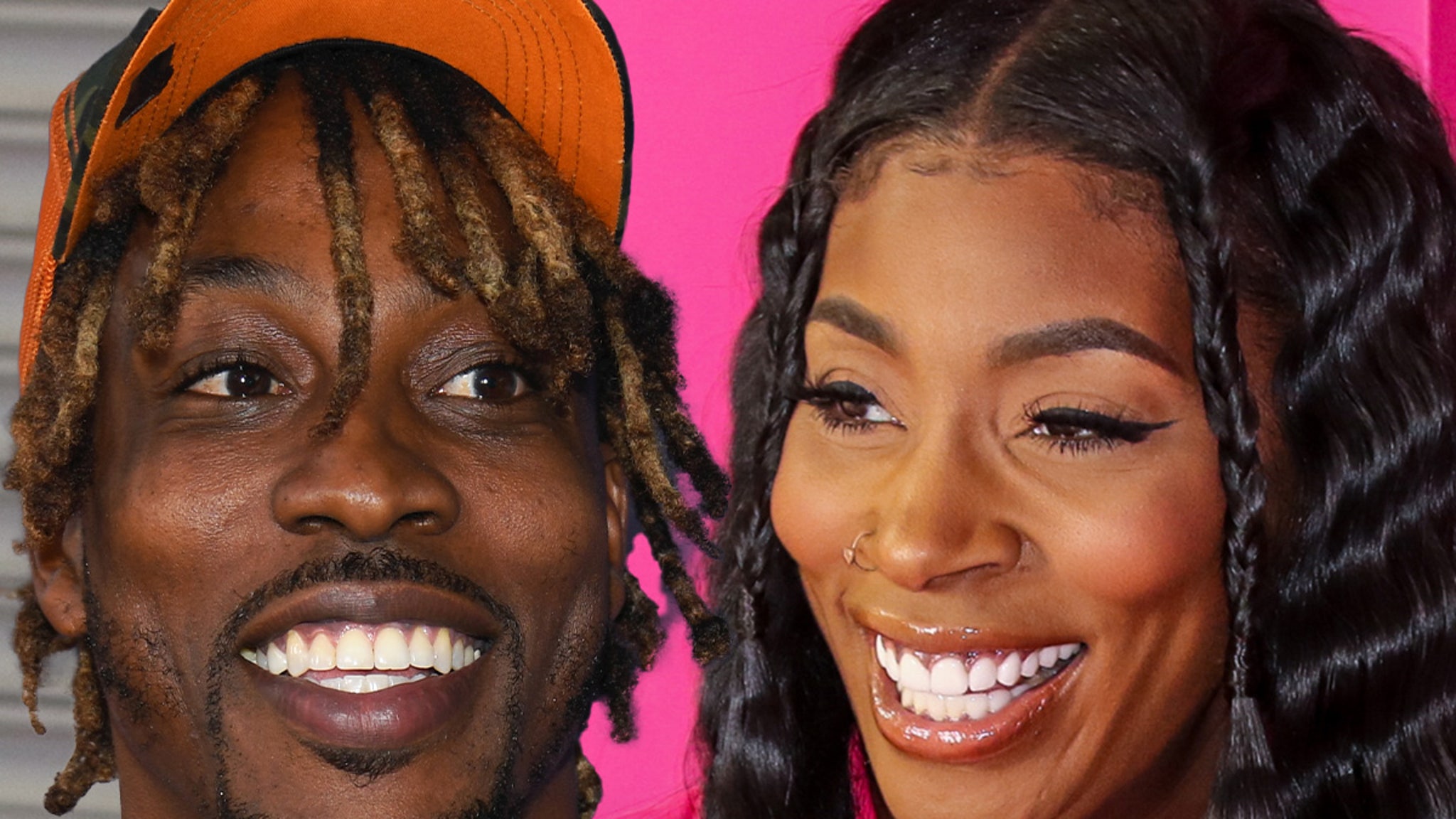ANN DOWD: When one’s life breaks to the degree that Linda’s life has broken, meaning the loss of her boy and that he took the lives of others and caused so much grief, she is going to think, “As his mother, what did I miss, and how did I miss it?” I think once life breaks to that extent, she knows and accepts that it will never, ever be what it was or anything resembling it. And I think because she accepts it, because her life shattered so profoundly, what went with that was all her defenses. She made the decision not to put any walls up anymore. There is no point. I think her gift is that she accepted it, dropped into it and left the pieces on the ground, and just knew she would live with this grief this way until it naturally shifted and allowed her to put one foot in front of another. And so, she has no defensives, she is receptive, she listens.
And what she brings to the room is a wish, a desire to help in whatever way to ease some of the pain, and she just does it with the truth, without any excuses for anything.
JASON ISAACS: Jay is no longer about feeling pain. For him, it’s about effecting change. He comes in, brimming with thoughts about psychopathology and legislation, and he is mostly there to manage his wife who he thinks is emotionally damaged. Their joint therapy has led them to this place. But of course, he’s in complete denial about the personal stuff that he’s buried a long time ago. That’s why it’s a beautiful script. That’s why it unfolds like a great symphony. Great drama is when a character says something they think, they mean something else, and the audience are perfectly well aware there’s a third driving subterranean force and current that the character is completely unaware of that has to erupt. And sure enough, all those things come to pass in this encounter.
Because we know so little about what is going on and who the characters are at first, we form much of our early impression from what they have chosen to wear to this meeting. What do they tell us?
AD: Her clothes show us she has no need to hide, cover, pretend, none of it. “This is the dress that I’m comfortable in.” I think her hygiene is good, and she leaves it there. It’s interesting. When my father died when I was 18, what struck me most was that there was no shield or filter about what was important to me; it was as clear and real as anything ever was. I was raised in a Catholic family, so that means generally, there is going to be a wake, and the casket will be open. And I remember walking in, and my father’s best friend and my mother were trying to choose what he was going to wear, and I looked at my mother and I said, “What do you mean? This is not going to be an open casket, what could you be thinking?” I was so stunned, and she looked to me and she said, “Well, your dad would want it this way, honey.” For Linda, all the extraneous is nonsense and she is “No, no, nope.”
You can view the original article HERE.





